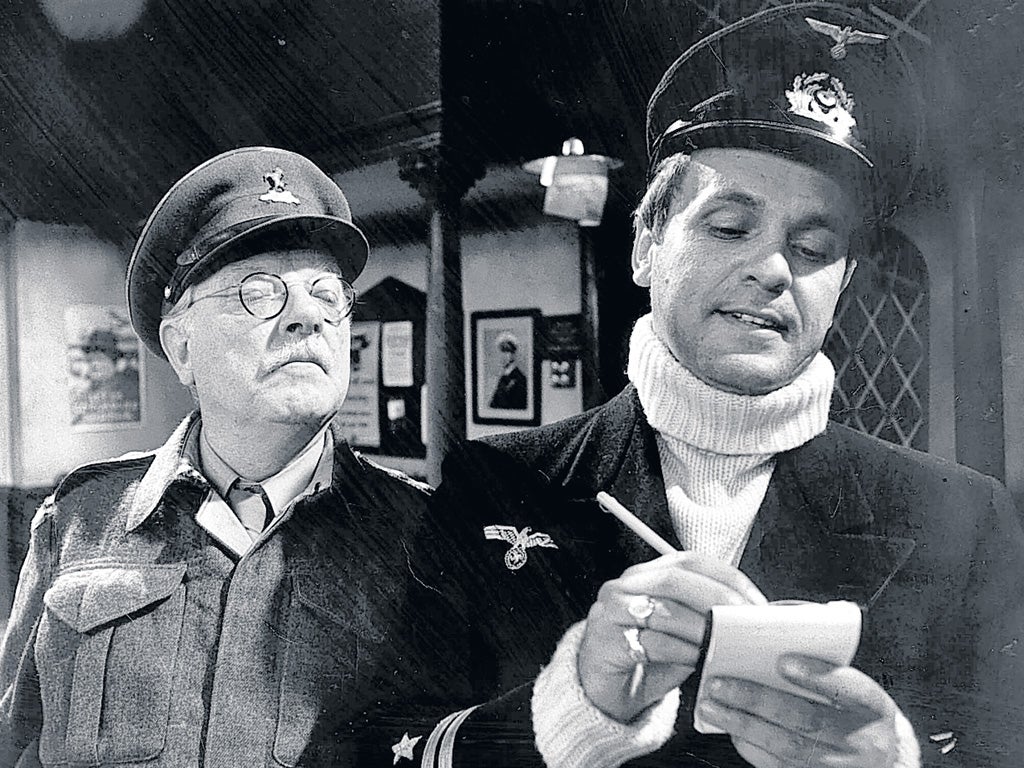Whose army might have invaded central London?
John Rentoul on questions of style and usage from last week’s Independent


We reported, in “Home news in brief” in the Daily Edition, the evacuation of Soho after a Second World War bomb was found. There is a Soho in New York, although that is usually written SoHo, for “South of Houston Street”, but our report made clear that this was in central London, and even gave the street names.
Yet we went on to say that the bomb “was removed by the British army”. As Gordon Whitehead wrote to ask, which other army might have taken it away?
The bells, the bells: In our review of Leopoldstadt, Tom Stoppard’s new play, we said of the character Fritz that, “with a horribly playful satisfaction, he puts Hermann through the ringer of humiliation twice over”. As Iain Boyd pointed out, we meant wringer, a device for squeezing water out of wet clothes. We still wring our hands, but the wringer (sometimes called a mangle) is an obsolete technology, and so you can see why we might sometimes go for the more familiar spelling, of a device that rings a bell.
Giddy up: Another pair of words that sound the same but are spelt differently is “rein” and “reign”, and we sometimes confuse them. Last week in a comment article we said that Jeremy Corbyn “maintained his hold on the reigns of power” after losing the 2017 election.
That has been changed to “reins”, because the analogy is with riding a horse, not ruling a monarchy. Another example of a metaphor from obsolete technology leading us astray.
Time passes: Stuff happened in politics last week – the chancellor of the exchequer resigned, which is a rare event – so the cliches were bound to follow. “A day was a long time in politics for the ex-chancellor,” was the headline on the “editor’s letter” by Andrew Woodcock, our political editor.
This is in flagrant violation of the ban on all variants of “a week is a long time in politics”, on which I frown the more deeply because there is no evidence that Harold Wilson ever said it. He probably said something like it, in conversation with journalists, but it evolved as a commonplace of political commentary in the 1960s.
Like “events, dear boy, events”, attributed to another prime minister called Harold – Macmillan – but also never authenticated, it just means “stuff happens”. Our headlines should try a bit harder than that.
Join our commenting forum
Join thought-provoking conversations, follow other Independent readers and see their replies
Comments
Bookmark popover
Removed from bookmarks